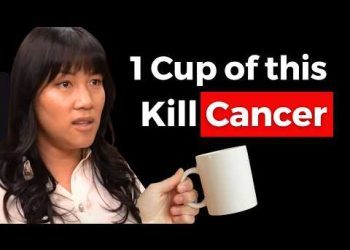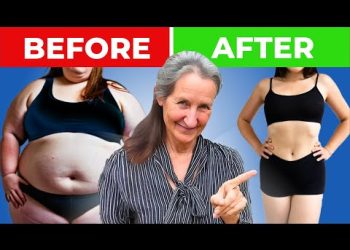Understanding Hair Loss
Hair loss is a common issue affecting millions of people worldwide. It’s a condition that can occur due to various factors such as genetics, hormonal imbalances, and stress. Understanding the root cause of hair loss is crucial for finding the right treatment and reversing the condition. The journey to reversing hair loss starts with understanding what causes it.
Nutritional Factors and Hair Loss
Nutrition plays a significant role in the health of your hair. A diet lacking in essential nutrients can lead to thinning hair and eventual hair loss. Key nutrients such as iron, zinc, vitamin D, and proteins are vital for maintaining healthy hair. Ensuring a balanced diet with these nutrients can greatly improve hair health and prevent hair loss.
Incorporating Essential Vitamins
Vitamins A, C, and E are critical in promoting hair growth and preventing hair loss. Vitamin A helps in the production of sebum, which keeps the scalp healthy and promotes hair growth. Vitamin C aids in collagen production, an essential component of strong hair structure, while Vitamin E improves blood circulation to the scalp, creating optimal conditions for hair growth.
The Role of Proteins in Hair Health
Hair is primarily composed of keratin, a type of protein. Insufficient protein intake can weaken the hair structure, leading to hair loss. Including high-protein foods such as lean meats, eggs, and legumes in your daily diet can strengthen hair and diminish the risk of hair loss. Protein not only helps in hair growth but also aids in repairing damaged hair.
Understanding Scalp Health
The health of your scalp is directly linked to hair loss. A healthy scalp provides a suitable environment for hair growth. It’s important to maintain scalp hygiene by cleansing regularly, which helps in preventing conditions like dandruff and infections that may contribute to hair loss.
Managing Stress for Hair Growth
Chronic stress is known to trigger hair loss. The stress response in the body can push hair follicles into a resting state, leading to increased hair shedding. Incorporating stress management techniques such as meditation, yoga, and regular exercise can reduce stress levels and potentially reverse hair loss.
Exploring Natural Remedies
Natural remedies such as essential oils (e.g., rosemary oil, peppermint oil) have been shown to improve hair health. These oils can stimulate blood circulation in the scalp and promote hair growth. Massaging the scalp with these oils can also provide relaxation and reduce stress-induced hair loss.
Professional Treatments and Medications
For significant hair loss, professional treatments and medications might be necessary. Options include laser therapy, minoxidil, and prescription medications that can help in regrowing hair. Consulting a dermatologist or a trichologist can provide tailored treatment options based on individual hair loss conditions.
The Impact of Lifestyle Changes
Simple lifestyle changes such as quitting smoking, reducing alcohol consumption, and ensuring proper sleep can aid in reversing hair loss. These changes can improve overall health, leading to better hair health. Consistent sleep patterns and healthy habits contribute positively to hair growth and reduce hair damage.
Consistent Hair Care Routine
Establishing a consistent hair care routine is key to maintaining healthy hair. This involves regular washing with mild shampoos, conditioning, avoiding heat styling tools, and minimizing the use of harsh chemicals. By taking diligent care of your hair, you can enhance its strength and appearance and combat hair loss effectively.











